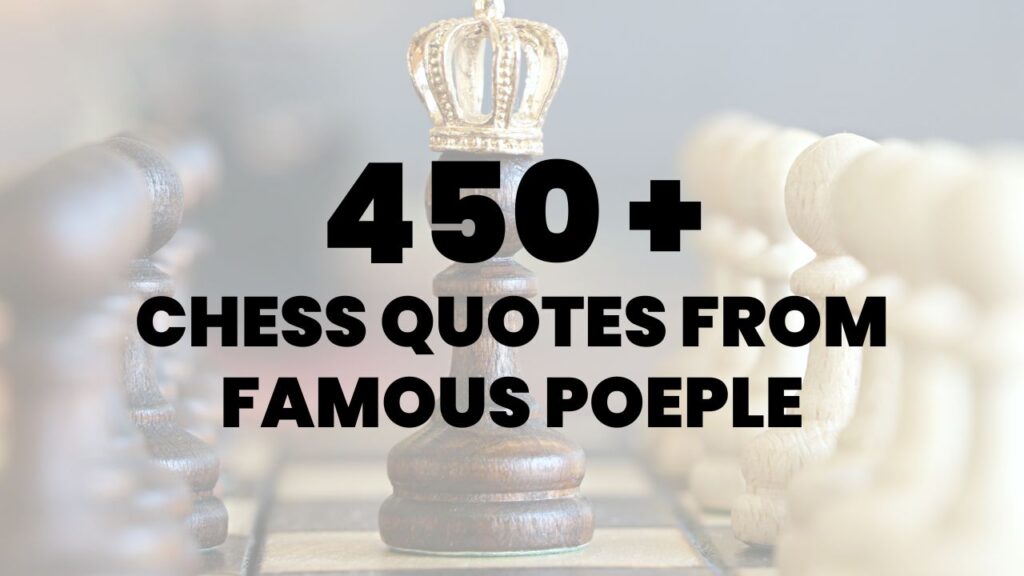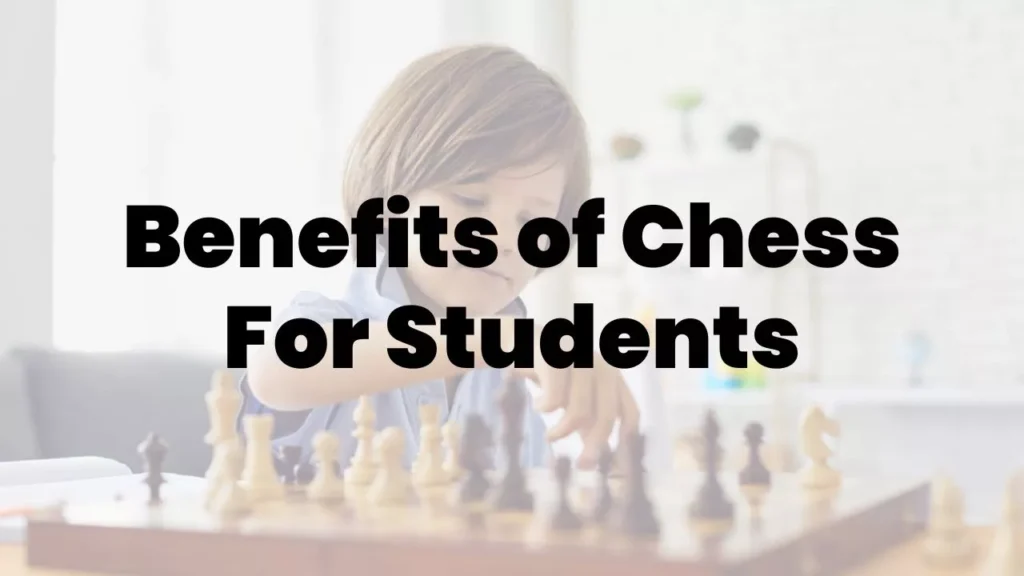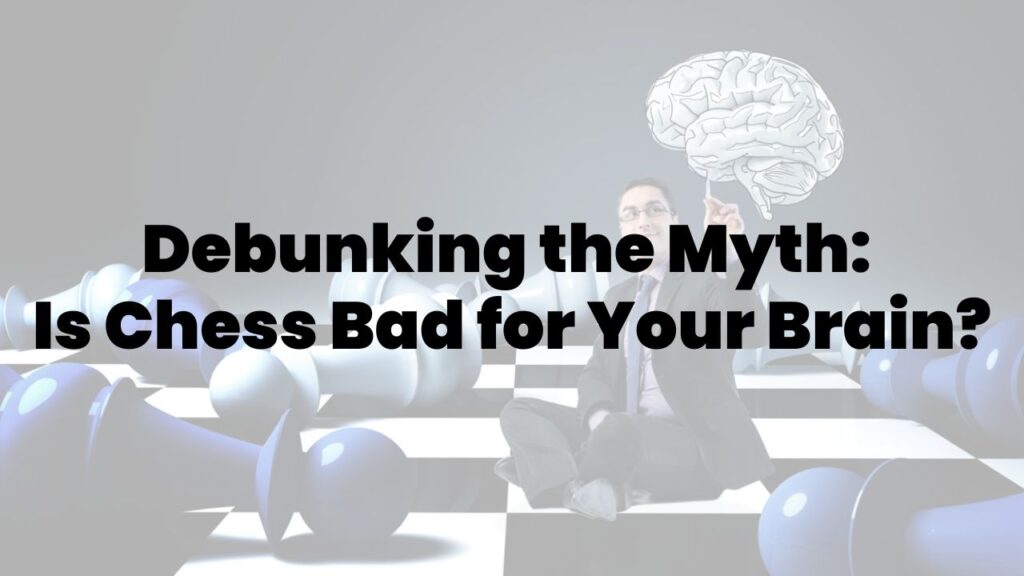Unlocking Your Tournament Resilience: A Practical Guide for Chess Players
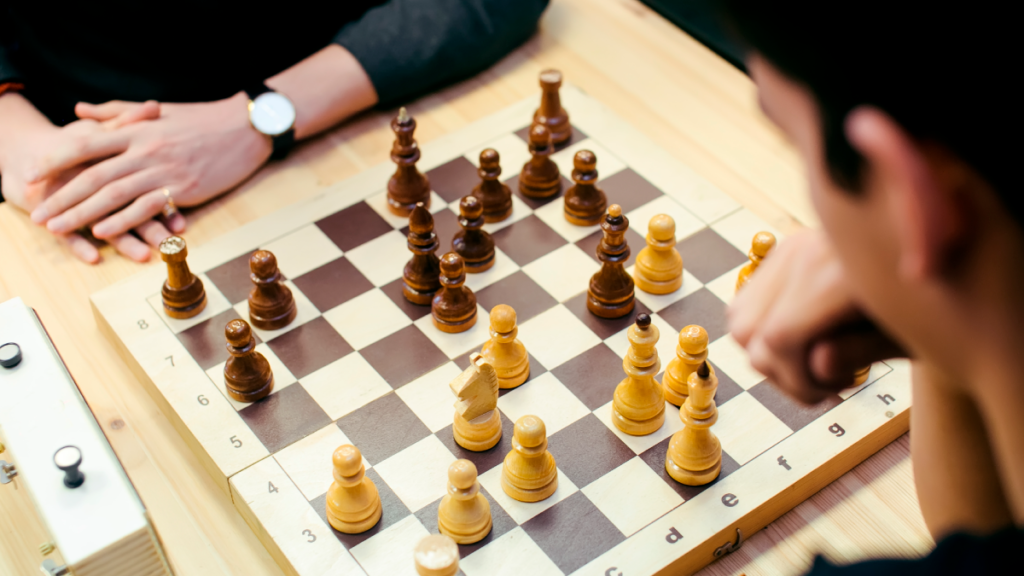
Whether you’re an aspiring chess professional, an enthusiastic amateur, or someone just starting their chess journey, the tournament setting demands more than just chess skills. To excel in tournaments, mastering resilience is key. This guide provides a comprehensive framework, packed with exercises and actionable steps to elevate your tournament performance.
Let’s delve into the concept of tournament resilience through real case studies:
Case study 1: At a Candidate tournament, a young prodigy faced a series of setbacks, including a fallout with their coach. Instead of a recovery plan, they immersed themselves in endless bullet games, leading to no improvement.
Case study 2: In a World Championship match, a player stumbled after a loss to the champion, resulting in a complete collapse for the remaining games.
Case Study 3: During a Super tournament, a talented player took an early lead but faltered as draws followed, eventually losing the final crucial game to finish second.
Take a moment to recall your worst tournament collapse. What triggered it, and how did it affect your subsequent games?
Resilience, often dubbed ‘bouncebackability,’ isn’t an innate trait but a set of behaviors. It’s the ability to perform optimally under stressors.
Let’s begin by understanding stressors: Negative stressors include setbacks like losing games or playing poorly. Positive stressors, surprisingly, can also induce stress, such as winning streaks, facing formidable opponents, or sudden attention during live broadcasts.
Challenge yourself to list your personal negative and positive stressors affecting your tournament performance. Developing a growth mindset is crucial. Instead of fixed limitations like “I’m bad at rook endgames,” reframe it as “I’m improving my skills in rook endgames.” This mindset shift applies not just to chess skills but also to mental resilience. Recognize that improving your mental game is as essential as honing your chess skills. Commit to enhancing your mental resilience.
Similar to honing chess skills, mastering the mental game requires both theoretical knowledge and practical skills. Here’s a framework:
- Play chess, but be prepared for stressors.
- Recognize stressors.
- React appropriately and plan your response.
- Implement planned behaviors.
- Keep playing!
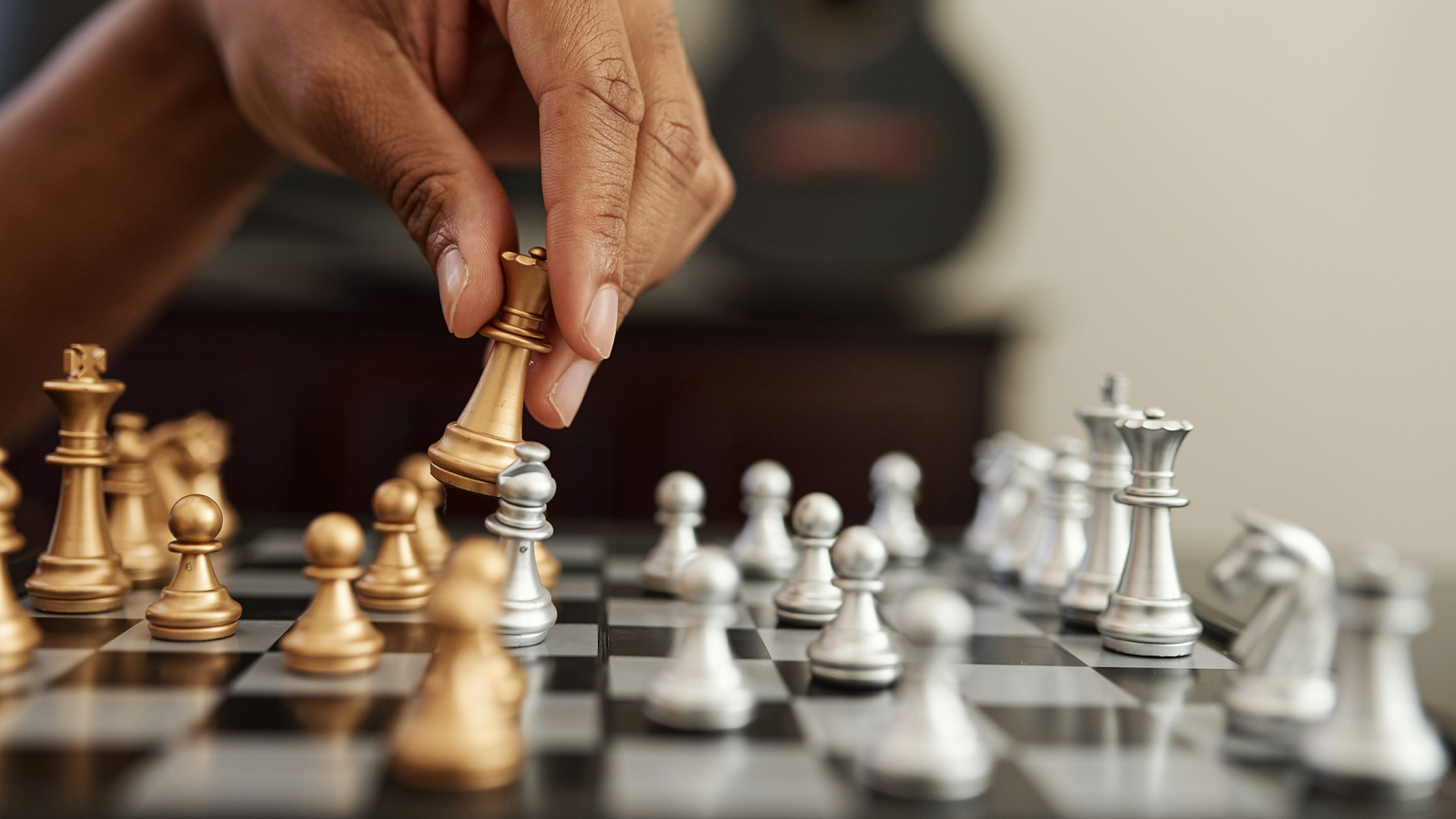
Now, let’s translate this theoretical framework into practical actions:
Mindfulness Meditation: Developing mindfulness helps recognize your mental state. Try a mix of focus and insight meditation. It’s crucial before and after games to monitor subtle changes in thoughts and emotions.
High-Performance Behavior Categorization: Distinguish between high and low-performance behaviors. Examples: playing the position versus reminiscing about missed opportunities.
Implementation Intentions: Create “if…then…” statements tailored to your stressors. For instance, “If I lose a game, then I will refocus for the next game and maintain my regular prep routine.”
By incorporating these steps:
- Establish a regular meditation practice.
- List stressors and corresponding behaviors.
- Develop implementation intentions.
Remember, resilience isn’t a one-size-fits-all solution. Try this framework and adapt it to your needs. Your commitment to these strategies will pave the way for tournament success and lifelong mental fortitude. Feel free to ask any questions or share your experiences!

